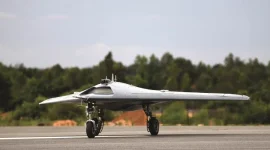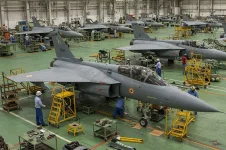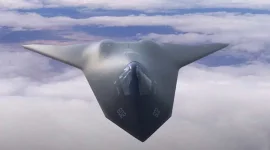- Views: 3K
- Replies: 45

A forthcoming report by the Parliamentary Standing Committee on Defence is expected to reiterate its call for the government to consider acquiring fifth-generation fighter aircraft "over the counter" if the Multi-Role Fighter Aircraft (MRFA) project faces further delays. This highlights growing concerns over the Indian Air Force's (IAF) dwindling fighter squadron strength and the urgent need to bolster its capabilities.
The committee previously expressed concerns about the slow pace of the MRFA program, which aims to procure 114 advanced fighter jets. They emphasized the risk of it becoming another protracted acquisition process, similar to the Light Combat Aircraft (LCA) Tejas and the Kaveri jet engine programs.
The committee's recommendation is to "consider buying state-of-the-art fifth-generation fighter aircraft over the counter, without losing time, to keep the force in a comfortable position." This reflects the urgency of the situation, as the IAF's squadron numbers continue to decline.
While acknowledging the IAF's current capabilities, the report underscores the need for modernization. The $20 billion MRFA project is crucial for this, aiming to procure advanced jets under the "Make in India" framework to foster technology transfer and domestic production. However, bureaucratic delays and the complex tendering process have hampered progress.
Currently, India lacks a fifth-generation fighter jet. While the Advanced Medium Combat Aircraft (AMCA) program aims to address this gap, the indigenous platform is still under development and unlikely to enter service before 2035.
In this context, "over-the-counter" acquisition of operational fifth-generation jets, such as the American F-35, could provide a temporary solution to address immediate capability shortfalls. However, this approach comes with significant costs and might bypass the long-term benefits of domestic manufacturing initiatives.
The committee's anticipated reiteration of its recommendation reflects a pragmatic acknowledgment of the IAF's immediate needs. However, the government must balance these short-term acquisitions with its long-term vision of developing a self-reliant defense ecosystem. While "over-the-counter" purchases may address immediate challenges, they could potentially hinder indigenous programs like the AMCA and the Kaveri engine.



